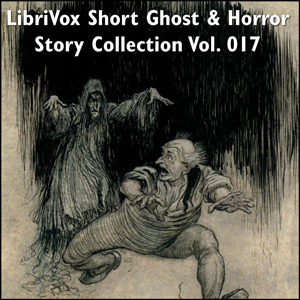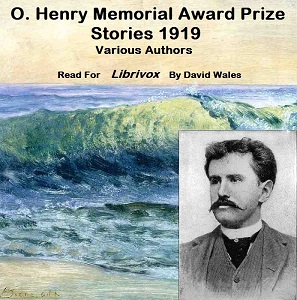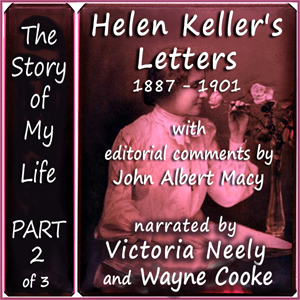‘Tilda Jane
When spunky ‘Tilda Jane isn’t allowed to keep her beloved dog with her at the orphanage, she decides to set out on her own in search of a home where the inseparable pair will be accepted. Throughout her weary travels she encounters many people, both rich and poor, kind and cantankerous — but will she ever find family? Set in the Canadian wilderness and coast of Maine, ‘Tilda Jane is a story of true grit, forgiveness, and unlikely friendship. (Summary by Twinkle)
| Language |
English |
|---|---|
| License Type |
Premium |
| Publication Type |
Audio Books |
| Publication Mode |
Online |
Kindly Register and Login to Tumakuru Digital Library. Only Registered Users can Access the Content of Tumakuru Digital Library.
Reviews (0)
Be the first to review “‘Tilda Jane” Cancel reply
You must be logged in to post a review.

















Reviews
There are no reviews yet.